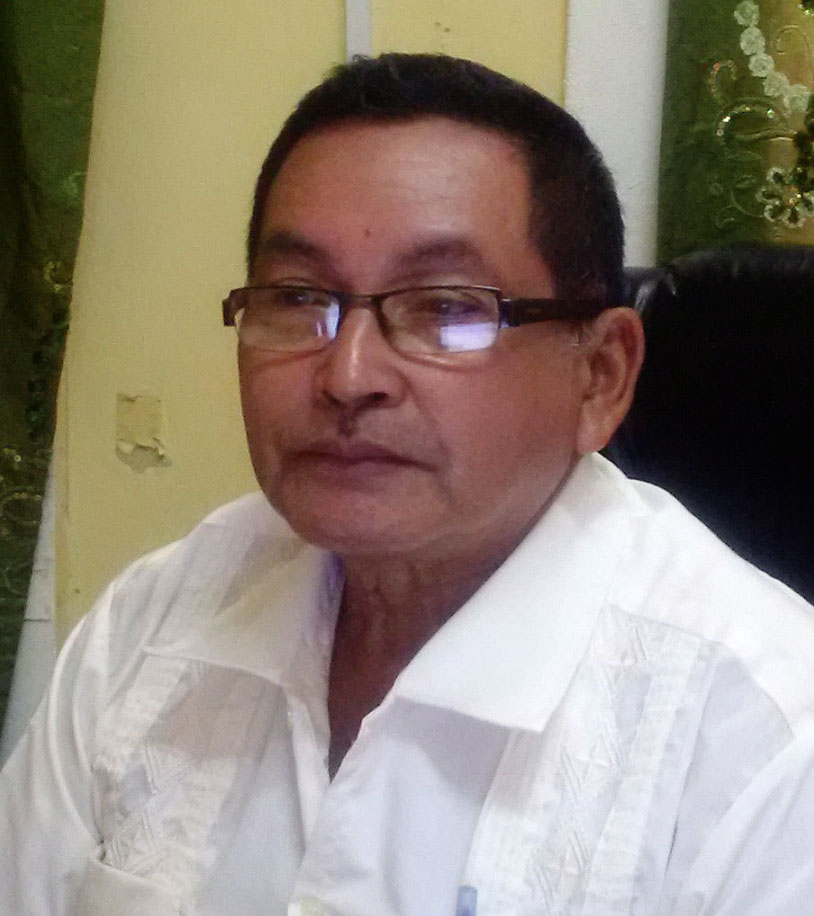Border patrols have been stepped up in Region Nine to minimise persistent illegal cross-border travel between Guyana and Brazil, according to Regional Chairman Bryan Allicock, who says authorities there are worried about importing a deadlier variant of the virus from the neighbouring country.
Speaking with Sunday Stabroek on Saturday, Allicock disclosed that illegal travelling between the two countries is still a major issue in the region. He revealed that Guyanese and also Venezuelan migrants living in the Rupununi continue to travel back and forth between the two countries, despite being warned not to do so numerous times because of the prevailing COVID-19 pandemic.
Allicock added that with many refusing to heed the warning, only recently an imported COVID-19 case from Brazil was recorded. He disclosed that the patient, who has relatives living in Brazil, had been travelling back and forth between Guyana and Brazil. He recently fell ill and tested positive for COVID-19. However, the persons who were in contact with the patient did not test positive.
In addition, according to the South Rupununi District Council Communications Officer Immaculata Casimero, a few weeks ago a couple known to be living in Brazil returned to their home village, Sand Creek, which is located in the South Central Rupununi, and while they did not show any symptoms, they tested positive for COVID-19. The persons who they were in contact did not, however, test positive for the virus.
Allicock added that regional officials are very concerned about the Brazilian COVID-19 variant and the possibility of it being brought over to the Rupununi. Allicock said they are not prepared for the more deadly form of the disease, which Brazil has been struggling to control as it has become the global epicentre of the virus.
As a result, in hopes of minimising illegal cross-border travel between the two countries, and to avoid another outbreak which may be more severe, the region has increased border patrols.
However, Allicock admitted that they do not have enough resources to monitor the vast border, so the authorities will still have to rely on the residents adhering to all the measures in place to protect them.
“We are monitoring the borders. The military and police patrol every night but still people are finding a way to get in and out but we have more presence of police and soldiers at the bridge. We are controlling the movement somewhat. And then there is the Venezuelan issue, where they go and come even though we tried explaining the importance of why they should not,” he said.
Up to the end of last week the region had eight active COVID-19 cases. These cases were recorded in the St Ignatius community. According to Allicock, the infected patients recently returned from Georgetown and soon after tested positive for the virus.
He added that testing for COVID-19 in the region is ongoing.






